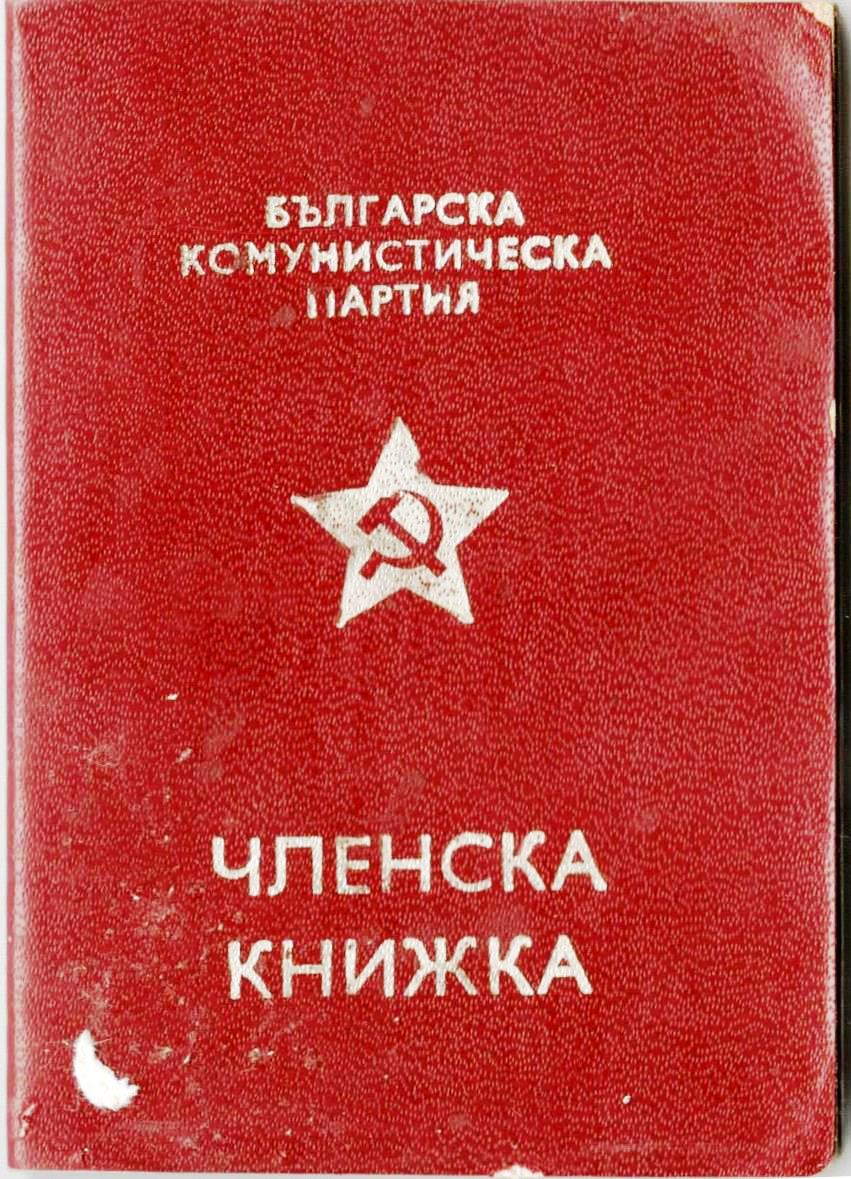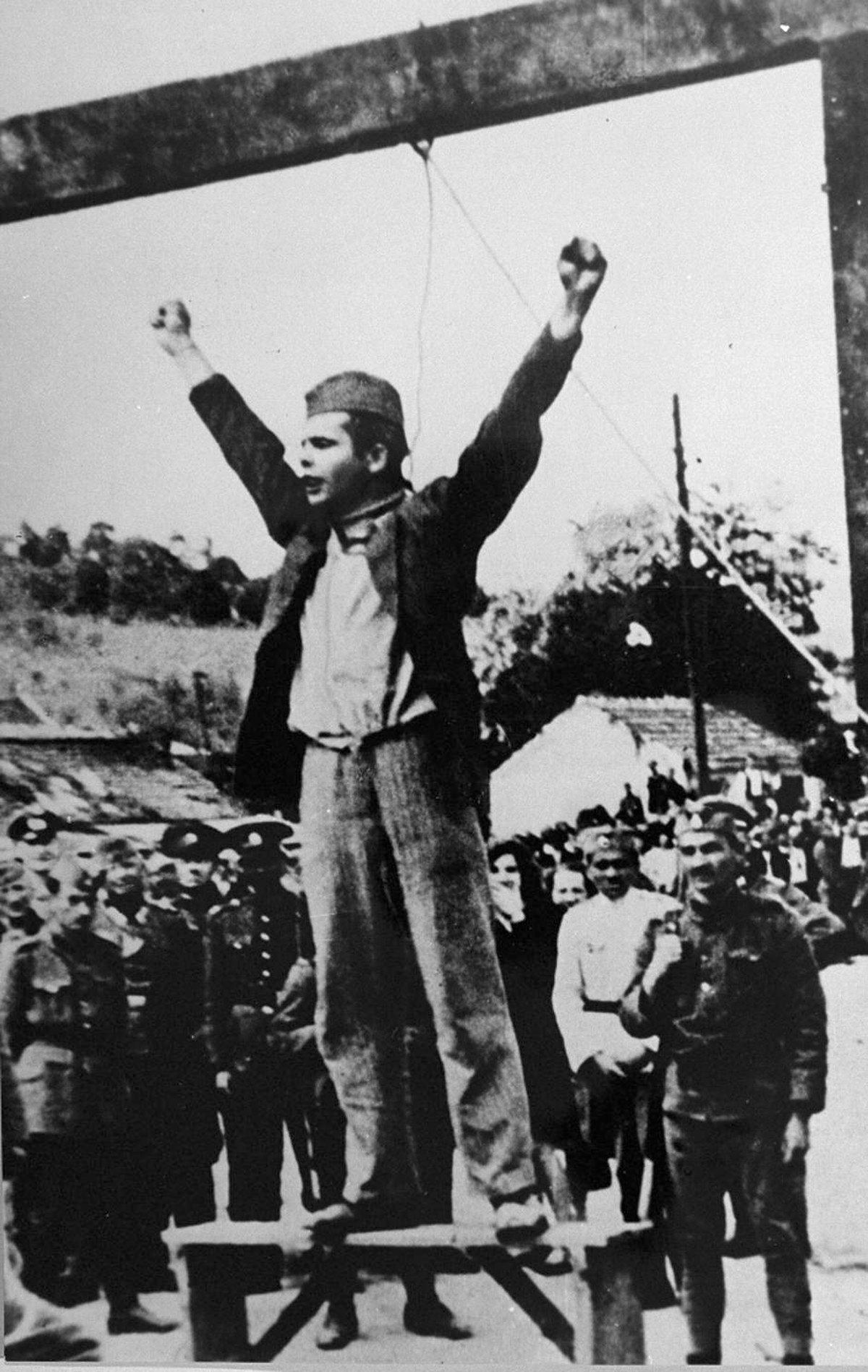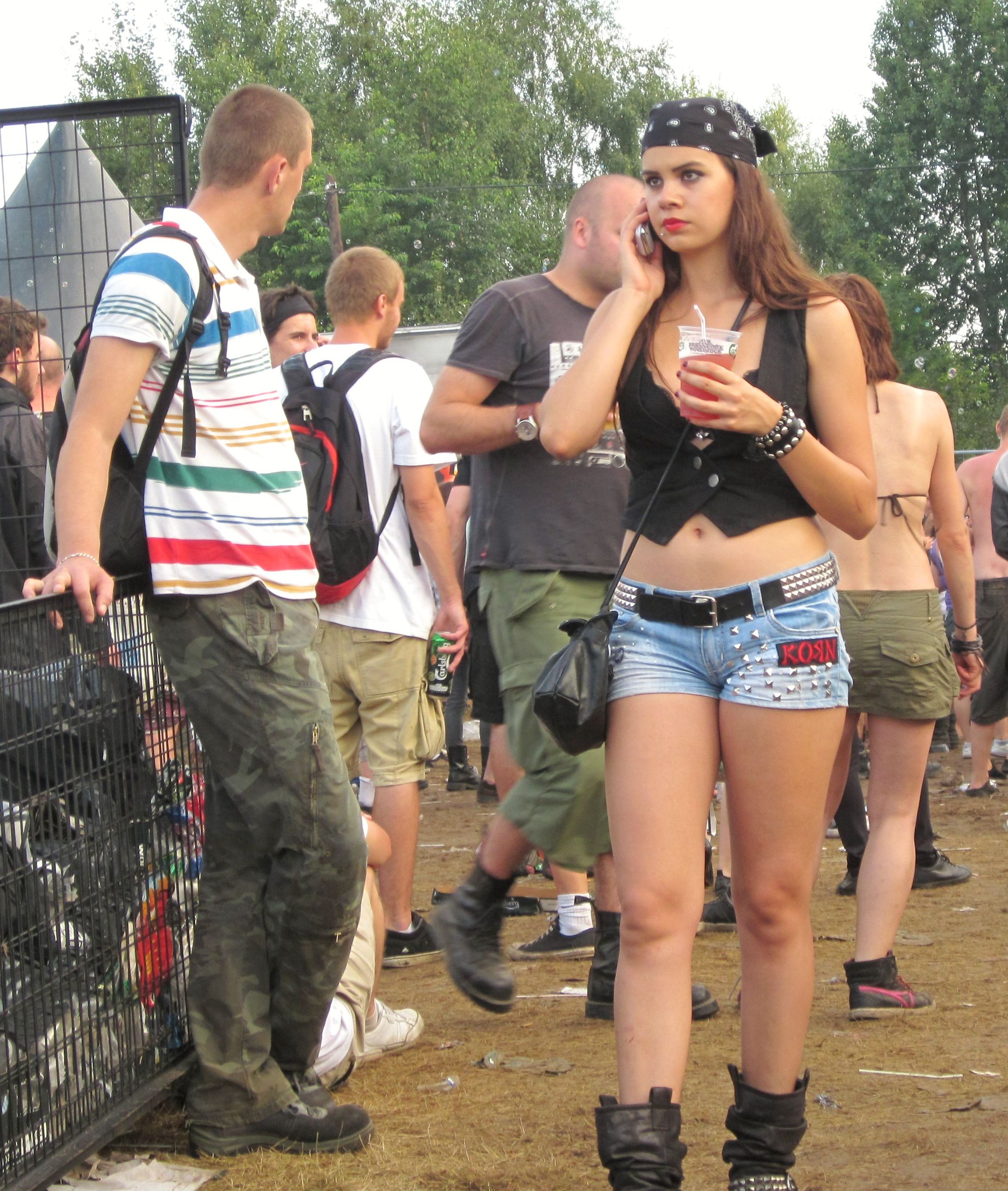|
Workers Youth League (Bulgaria)
The Workers Youth League (WYL) ( bg, Работнически младежки съюз, Rabotnicheski mladezhki sayuz, abbreviated RMS), often referred to as Rems, was a youth organization in Bulgaria, tied to the Bulgarian Communist Party. The organization was founded in 1928. RMS was illegalized in 1934. During the Second World War, the organization led partisan struggles. In 1938, its ranks were joined by the members of the underground Young Communist League of Bulgaria. At the fifth RMS congress in 1945, Zhivko Zhivkov became the Secretary of its Central Committee. In December 1947, RMS was substituted by the Popular Youth League. See also * Dimitrov Communist Youth Union *Dimitrovist Pioneer Organization "Septemberists" Dimitrovist Pioneer Organization "Septemberists" ( bg, Димитровска пионерска организация "Септемврийче") was a pioneer movement in Bulgaria. The organization was founded in September 1944. DPO "Septemberis ... Re ... [...More Info...] [...Related Items...] OR: [Wikipedia] [Google] [Baidu] |
Bulgaria
Bulgaria (; bg, България, Bǎlgariya), officially the Republic of Bulgaria,, ) is a country in Southeast Europe. It is situated on the eastern flank of the Balkans, and is bordered by Romania to the north, Serbia and North Macedonia to the west, Greece and Turkey to the south, and the Black Sea to the east. Bulgaria covers a territory of , and is the sixteenth-largest country in Europe. Sofia is the nation's capital and largest city; other major cities are Plovdiv, Varna and Burgas. One of the earliest societies in the lands of modern-day Bulgaria was the Neolithic Karanovo culture, which dates back to 6,500 BC. In the 6th to 3rd century BC the region was a battleground for ancient Thracians, Persians, Celts and Macedonians; stability came when the Roman Empire conquered the region in AD 45. After the Roman state splintered, tribal invasions in the region resumed. Around the 6th century, these territories were settled by the early Slavs. The Bulgars, led by Asp ... [...More Info...] [...Related Items...] OR: [Wikipedia] [Google] [Baidu] |
Bulgarian Communist Party
The Bulgarian Communist Party (BCP; bg, Българска Комунистическа Партия (БКП), Balgarska komunisticheska partiya (BKP)) was the founding and ruling party of the People's Republic of Bulgaria from 1946 until 1989, when the country ceased to be a socialist state. The party had dominated the Fatherland Front, a coalition that took power in 1944, late in World War II, after it led a coup against Bulgaria's tsarist regime in conjunction with the Red Army's crossing the border. It controlled its armed forces, the Bulgarian People's Army. The BCP was organized on the basis of democratic centralism, a principle introduced by the Russian Marxist scholar and leader Vladimir Lenin, which entails democratic and open discussion on policy on the condition of unity in upholding the agreed upon policies. The highest body of the BCP was the Party Congress, convened every fifth year. When the Party Congress was not in session, the Central Committee was the hig ... [...More Info...] [...Related Items...] OR: [Wikipedia] [Google] [Baidu] |
Second World War
World War II or the Second World War, often abbreviated as WWII or WW2, was a world war that lasted from 1939 to 1945. It involved the vast majority of the world's countries—including all of the great powers—forming two opposing military alliances: the Allies and the Axis powers. World War II was a total war that directly involved more than 100 million personnel from more than 30 countries. The major participants in the war threw their entire economic, industrial, and scientific capabilities behind the war effort, blurring the distinction between civilian and military resources. Aircraft played a major role in the conflict, enabling the strategic bombing of population centres and deploying the only two nuclear weapons ever used in war. World War II was by far the deadliest conflict in human history; it resulted in 70 to 85 million fatalities, mostly among civilians. Tens of millions died due to genocides (including the Holocaust), starvation, ma ... [...More Info...] [...Related Items...] OR: [Wikipedia] [Google] [Baidu] |
Partisan (military)
A partisan is a member of an irregular military force formed to oppose control of an area by a foreign power or by an army of military occupation, occupation by some kind of insurgent activity. The term can apply to the field element of resistance movements. The most common use in present parlance in several languages refers to Resistance during World War II, occupation resistance fighters during World War II, especially under the Yugoslav Partisans, Yugoslav partisan leader Josip Broz Tito. History before 1939 The initial concept of partisan warfare involved the use of militia , troops raised from the local population in a war zone (or in some cases regular forces) who would operate behind enemy front line , lines to disrupt communications, seize posts or villages as forward-operating bases, ambush convoys, impose war taxes or contributions, raid logistical stockpiles, and compel enemy forces to disperse and protect their base of operations. George Satterfield has analyse ... [...More Info...] [...Related Items...] OR: [Wikipedia] [Google] [Baidu] |
Central Committee
Central committee is the common designation of a standing administrative body of Communist party, communist parties, analogous to a board of directors, of both ruling and nonruling parties of former and existing socialist states. In such party organizations, the committee would typically be made up of delegates elected at a party congress. In Communist state, those states where it constituted the state power, the central committee made decisions for the party between congresses and usually was (at least nominally) responsible for electing the politburo. In non-ruling communist parties, the central committee is usually understood by the party membership to be the ultimate decision-making authority between congresses once the process of democratic centralism has led to an agreed-upon position. Non-communist organizations are also governed by central committees, such as the right-wing Likud party in Israel, the North American Mennonite Central Committee, Mennonite Church and Alcoholic ... [...More Info...] [...Related Items...] OR: [Wikipedia] [Google] [Baidu] |
Dimitrov Communist Youth Union
The Dimitrov Communist Youth Union (DKMS) was the state-sanctioned youth movement in the People's Republic of Bulgaria and an important organ of the Bulgarian Communist Party, which utilized the organization to educate the Bulgarian youth in Marxist-Leninist philosophy and prepare the younger generations for future party membership. It was the parent organization of the Dimitrovist Pioneer Organization "Septemberists", the membership of which was for children between 9 and 14 years of age. See also *Komsomol * Workers Youth League *Dimitrovist Pioneer Organization "Septemberists" Dimitrovist Pioneer Organization "Septemberists" ( bg, Димитровска пионерска организация "Септемврийче") was a pioneer movement in Bulgaria. The organization was founded in September 1944. DPO "Septemberis ... References {{Communist youth wings Youth wings of political parties in Bulgaria Bulgarian Communist Party Youth organizations established in 194 ... [...More Info...] [...Related Items...] OR: [Wikipedia] [Google] [Baidu] |
Dimitrovist Pioneer Organization "Septemberists"
Dimitrovist Pioneer Organization "Septemberists" ( bg, Димитровска пионерска организация "Септемврийче") was a pioneer movement in Bulgaria. The organization was founded in September 1944. DPO "Septemberists" organized children between 9 and 14 years old. Its day-to-day affairs were supervised by the Dimitrov Communist Youth Union. A 1967 estimate put its membership to about 700 000. There were also an organization called ''chavdarcheta'' – these were the youngest children, which later became pioneers. The difference between the two was the distinctive scarf, which was sky-blue in the chavdarcheta movement and red in the pioneri movement. Pledge of the organization ''I, a Dimitrovist Pioneer, today solemnly promise to my comrades and to my heroic people to fight selflessly the work of the Communist Party of Bulgaria, towards the victory of communism. I swear to defend and keep the legacy and promise of Georgy Dimitrov, and to comply ... [...More Info...] [...Related Items...] OR: [Wikipedia] [Google] [Baidu] |
Youth Wings Of Political Parties In Bulgaria
Youth is the time of life when one is young. The word, youth, can also mean the time between childhood and adulthood ( maturity), but it can also refer to one's peak, in terms of health or the period of life known as being a young adult. Youth is also defined as "the appearance, freshness, vigor, spirit, etc., characteristic of one, who is young". Its definitions of a specific age range varies, as youth is not defined chronologically as a stage that can be tied to specific age ranges; nor can its end point be linked to specific activities, such as taking unpaid work, or having sexual relations. Youth is an experience that may shape an individual's level of dependency, which can be marked in various ways according to different cultural perspectives. Personal experience is marked by an individual's cultural norms or traditions, while a youth's level of dependency means the extent to which they still rely on their family emotionally and economically. Terminology and definitions ... [...More Info...] [...Related Items...] OR: [Wikipedia] [Google] [Baidu] |
Youth Wings Of Communist Parties
Youth is the time of life when one is young. The word, youth, can also mean the time between childhood and adulthood ( maturity), but it can also refer to one's peak, in terms of health or the period of life known as being a young adult. Youth is also defined as "the appearance, freshness, vigor, spirit, etc., characteristic of one, who is young". Its definitions of a specific age range varies, as youth is not defined chronologically as a stage that can be tied to specific age ranges; nor can its end point be linked to specific activities, such as taking unpaid work, or having sexual relations. Youth is an experience that may shape an individual's level of dependency, which can be marked in various ways according to different cultural perspectives. Personal experience is marked by an individual's cultural norms or traditions, while a youth's level of dependency means the extent to which they still rely on their family emotionally and economically. Terminology and definitio ... [...More Info...] [...Related Items...] OR: [Wikipedia] [Google] [Baidu] |




